Lament is loving our neighbors with our tears.
~Lamma Mansour~
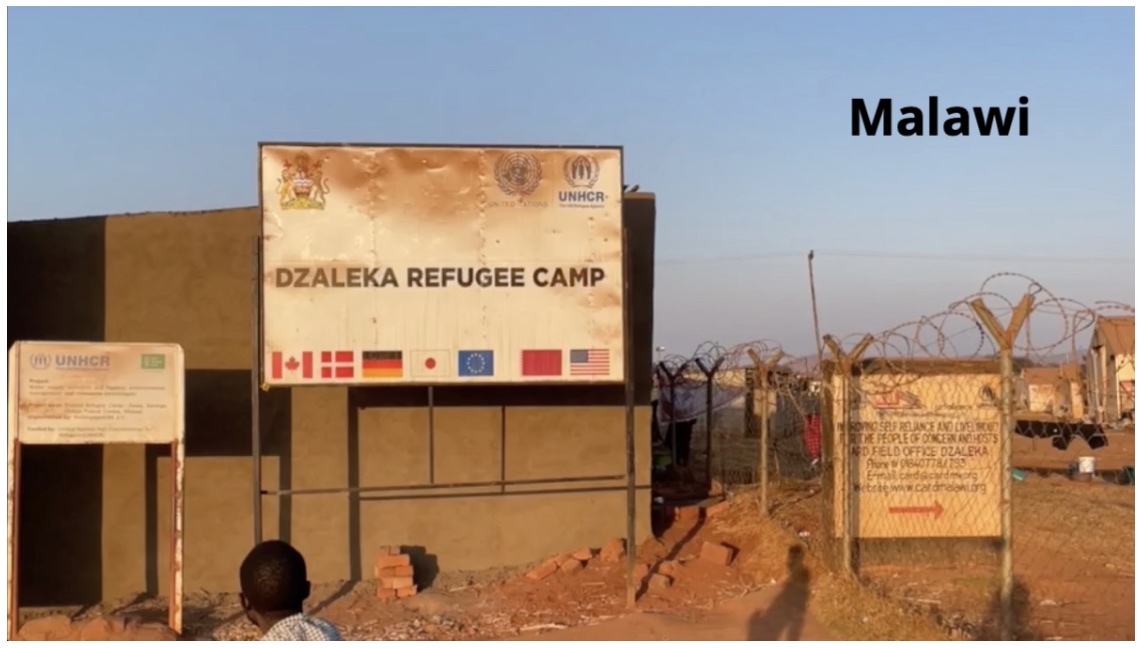
Lament as an Offering
As I sat quietly listening to Filipe’s heartbreaking story of the brutal attack that left him paralyzed from the neck down, tears streamed down my cheeks. The video crew, along with Filipe and his wife, passed around a single role of toilet paper as we each tore a piece to blot away tears. Our small crew borrowed an office on the outskirts of Dzaleka Refugee Camp in Malawi to record powerful stories of transformation and healing from trauma that many in the camp had been experiencing.
I was there to ask questions and listen to stories unfold. Filipe’s longsuffering wife sat next to him as he described the humility of her having to care for his basic needs, along with providing for their family in ways he was not capable of since the attack. As he spoke, his tones of bitterness turned to awe at what God was doing in his life and family. Through his Trauma Healing group, and a deepening understanding that God loved him as Scripture says, he had experienced the incredible miracle of mobility in his upper body. He spoke mightily with his hands—the wad of toilet paper waving around as he proclaimed the power of God at work in him.
I had traveled so far from home to sit in that little office with Filipe and his wife and our shared roll of toilet paper, presence, and tears. The costliness of the moment required more of me than I had to offer. As his unfolding story culminated, I knelt down next to Filipe, placed my hand on his paralyzed knee, and lamented to our Heavenly Father on his behalf. My teammate, Clene, prayed over the couple and generously interpreted my tearful English prayers into French. We asked God to continue His powerful work of healing in Filipe—in his body, his family, his heart, his marriage, his dignity… Lament became our most precious offering.
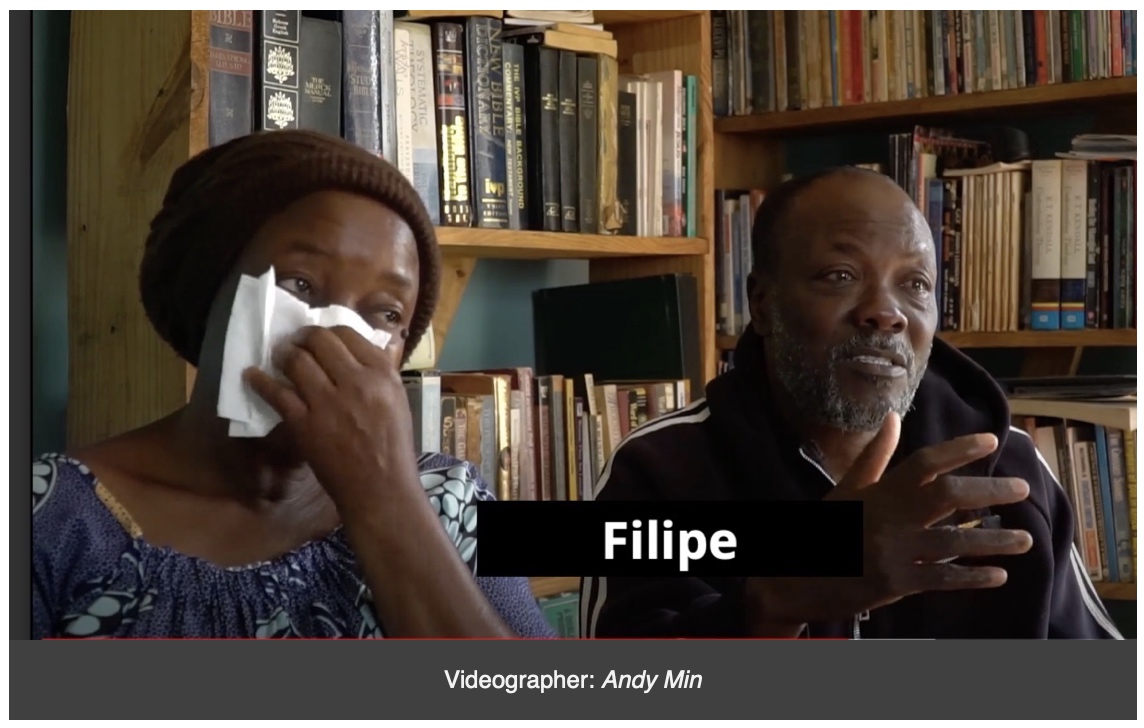
Lament as a Holy Response
Romans 12:15 calls us to mourn with those who mourn. I was learning to linger in the spaces of mourning beyond just “a good cry”. The trauma that brought this dear brother and sister to the refugee camp was beyond my comprehension. And it was compounded with the realities of living as a paralyzed man in extreme poverty. My tears came in abundance. My capable knees readily bowed. What I had to offer was my holy response—my whole self in this grief in this moment.
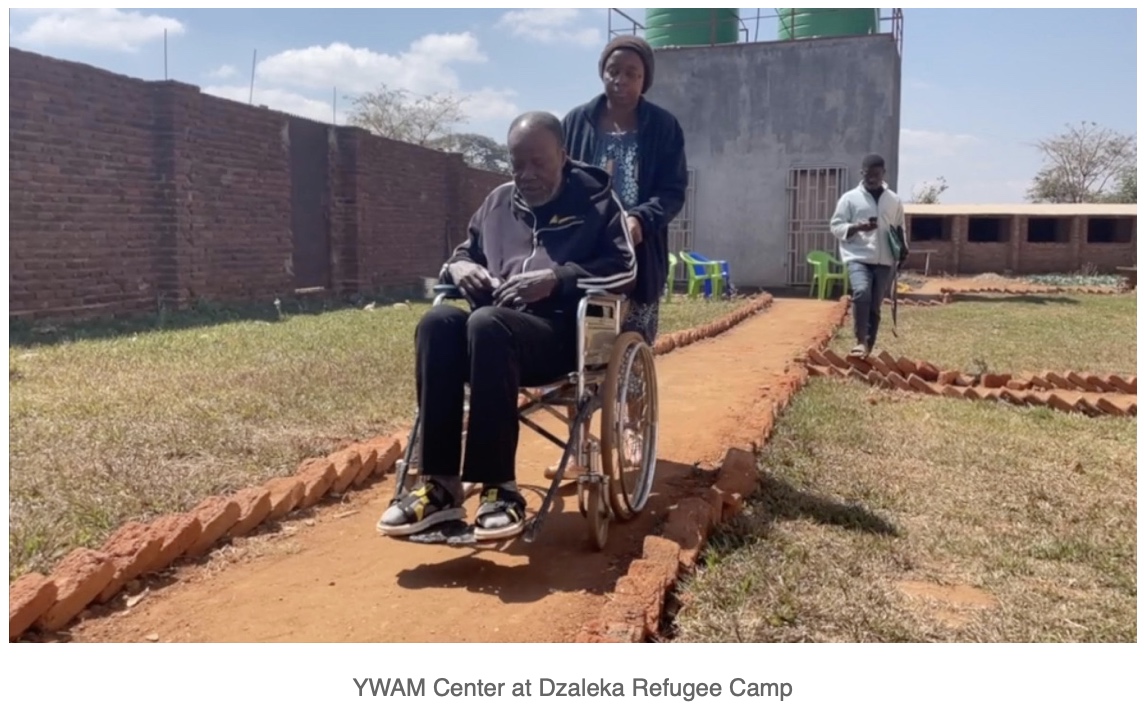
Lament as a Written Complaint to God
I first learned about the genre of lament in my own Trauma Healing group. As we learn to take our pain to the cross, we learn to express our pain through a written lament. As in many Psalms in Scripture, lament allows us to take our complaints directly to God. (Healing the Wounds of Trauma, p.39). Lament is grief left at the feet of the One who has the power to do something about it—about the pain, about the injustice that caused it, about the shame of living with it. Lament grows more powerful as it is shared.
Lament makes room for our struggle as we work out our beliefs in a broken world and cry: How long O Lord? (Ps. 13:1)
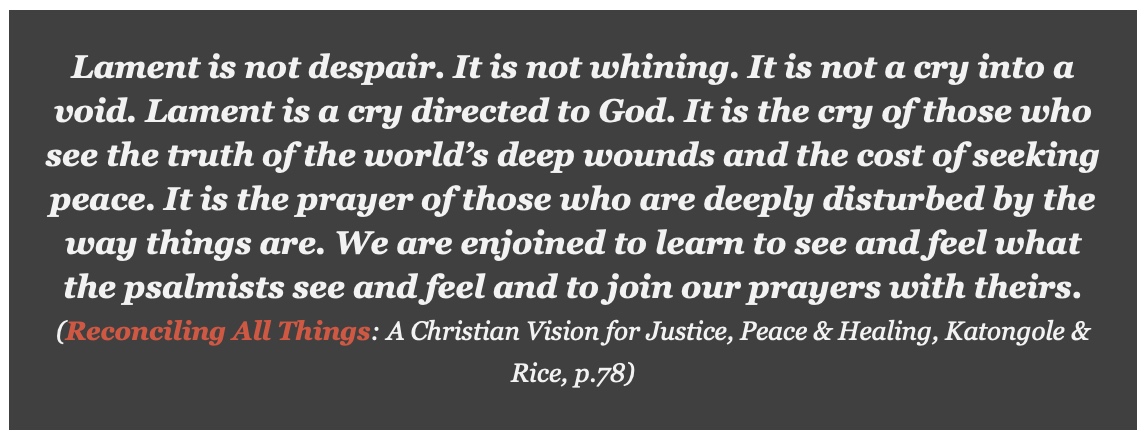 Lament as a Holy Discipline
Lament as a Holy Discipline
(Reconciling All Things: A Christian Vision for Justice, Peace & Healing, Katongole & Rice, p.78)
Over the years of working with displaced people, I have learned the power of listening intently to the vulnerable—to my neighbors who have journeyed as refugees to resettle in my community; to those who have learned to forgive their oppressors and continue to live difficult lives in a refugee camp. And also—to the desperate cries of Palestinian believers who say that lament must be our response to the current horrific suffering and destruction enduring in the Holy Land.
My tendency is to alleviate uncomfortable negative emotions in social situations so we can all feel better. Lament challenges me to linger in the messiness of tears. My tendency is to clean up broken things. In lament I learn to sit in sackcloth and ashes as Job did and not try to make anything whole again—just to grieve over the reality of the broken places and the broken people in them.
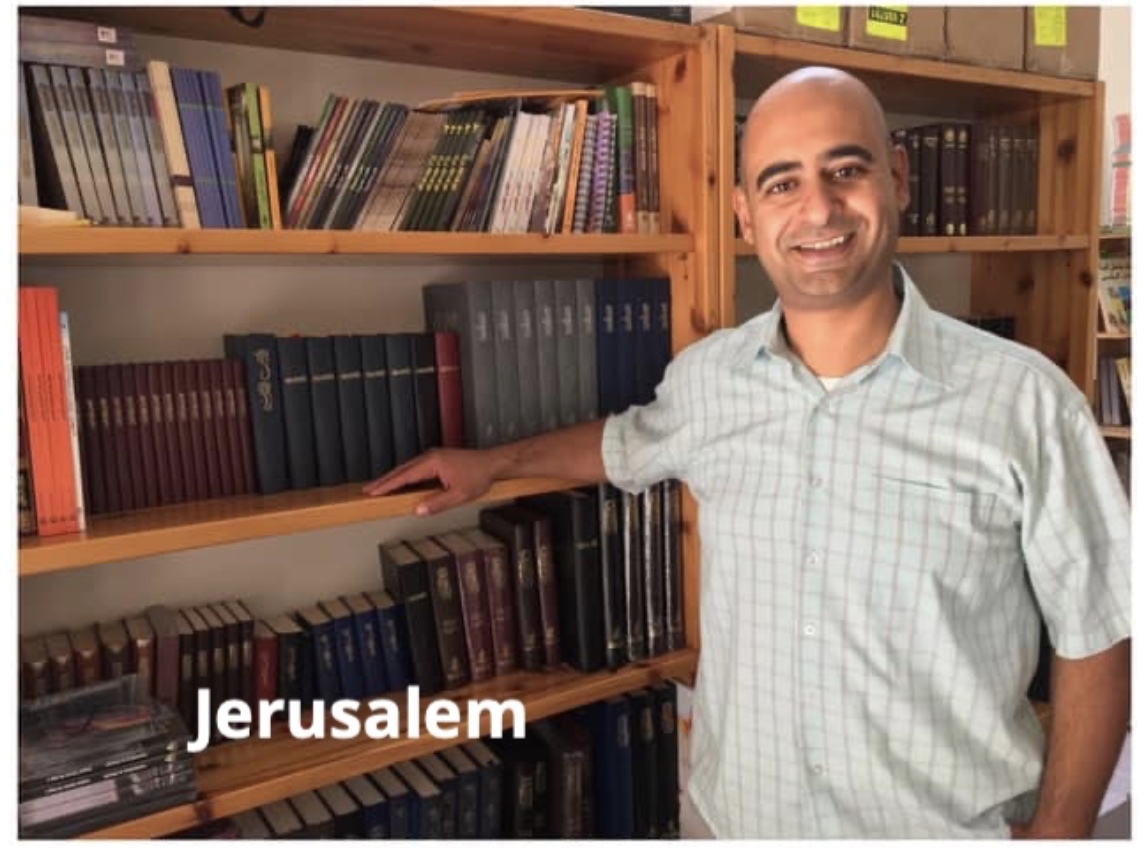
Lament as Solidarity
Recently, I spent time listening to powerful stories of faith and resilience from a dear brother who leads the Palestinian Bible Society in the land where Jesus walked. Via the EMDC Global Diaspora Community of Practice, he openly shared the grave realities of his ministry since the new wave of devastation began in October, 2023. I gave him my best offering—my tears—all my faith and all my heart in solidarity in a shared broken space.
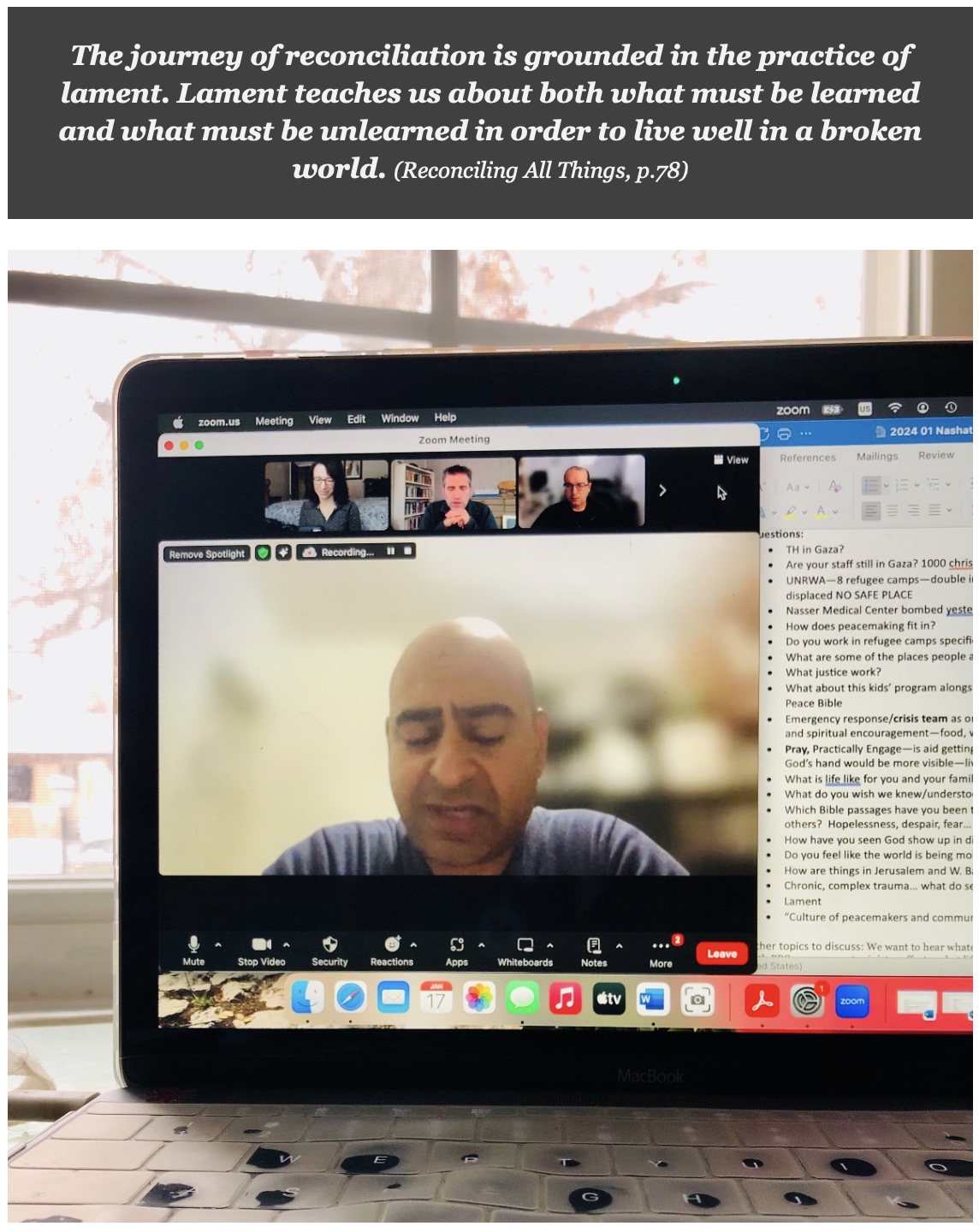
Lament as a Sign of Respect
I have grown comfortable with a roll of toilet paper and tears as my food alongside ongoing news of destruction. Resisting the crushing pressure of despair, lament allows space for grief and hope to mingle. Like the cross of Jesus—wholeness through brokenness. Death and Resurrection.
In the midst of feeling the weight of the world’s deep wounds, I relished in a moment of delight with my 17 year-old Rwandan neighbor. She shares a Central African culture with many I met in Dzaleka Refugee Camp. I have had the privilege of walking alongside her in her journey of resettlement since she first arrived in my city as a middle schooler. We sipped chai and talked about God and cultures and expressions of faith.
I recounted to my young friend the story of Filipe, and that my only offering was to kneel and pray and place a hand on his paralyzed knee. It was on that concrete floor of the tiny office outside the refugee camp that I learned to lament as my best offering—out of respect for Filipe—a proud and dignified man sharing the treasure of his vulnerable spaces with me. To kneel in desperate prayers before a holy God, pleading for His continued miracles of transformation. To kneel because it was shared holy ground that we all cried on together.
Her African response to my desperate demonstration of respect for Filipe was: Yes, that was exactly the right thing to do.
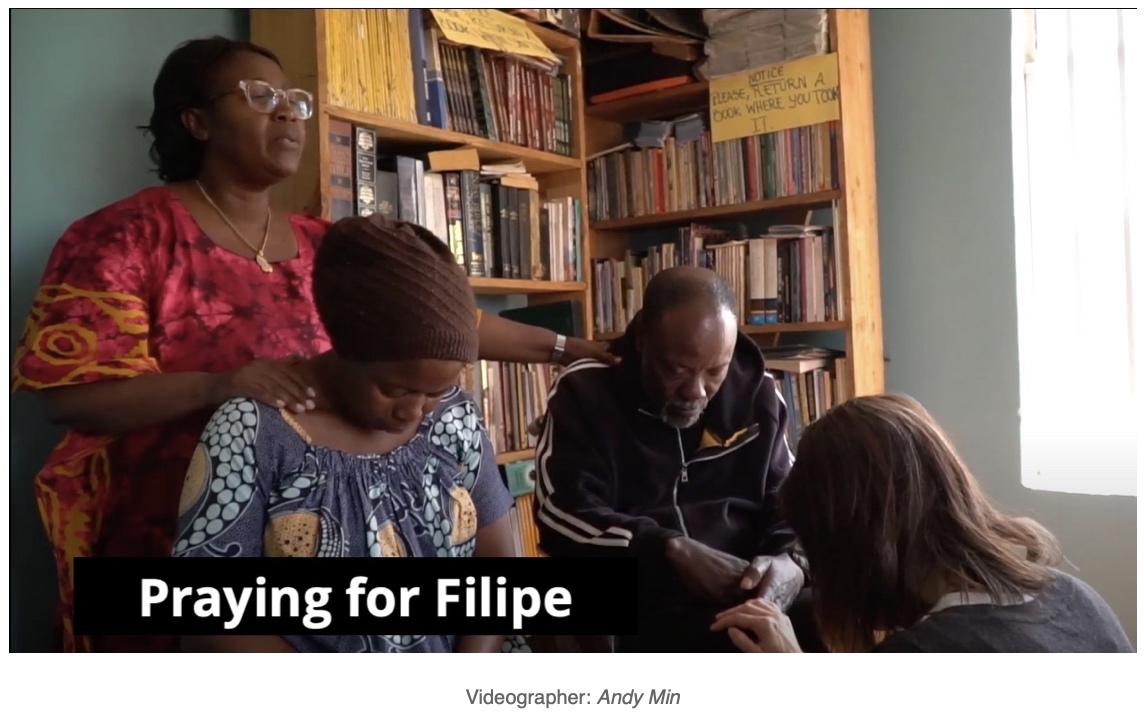
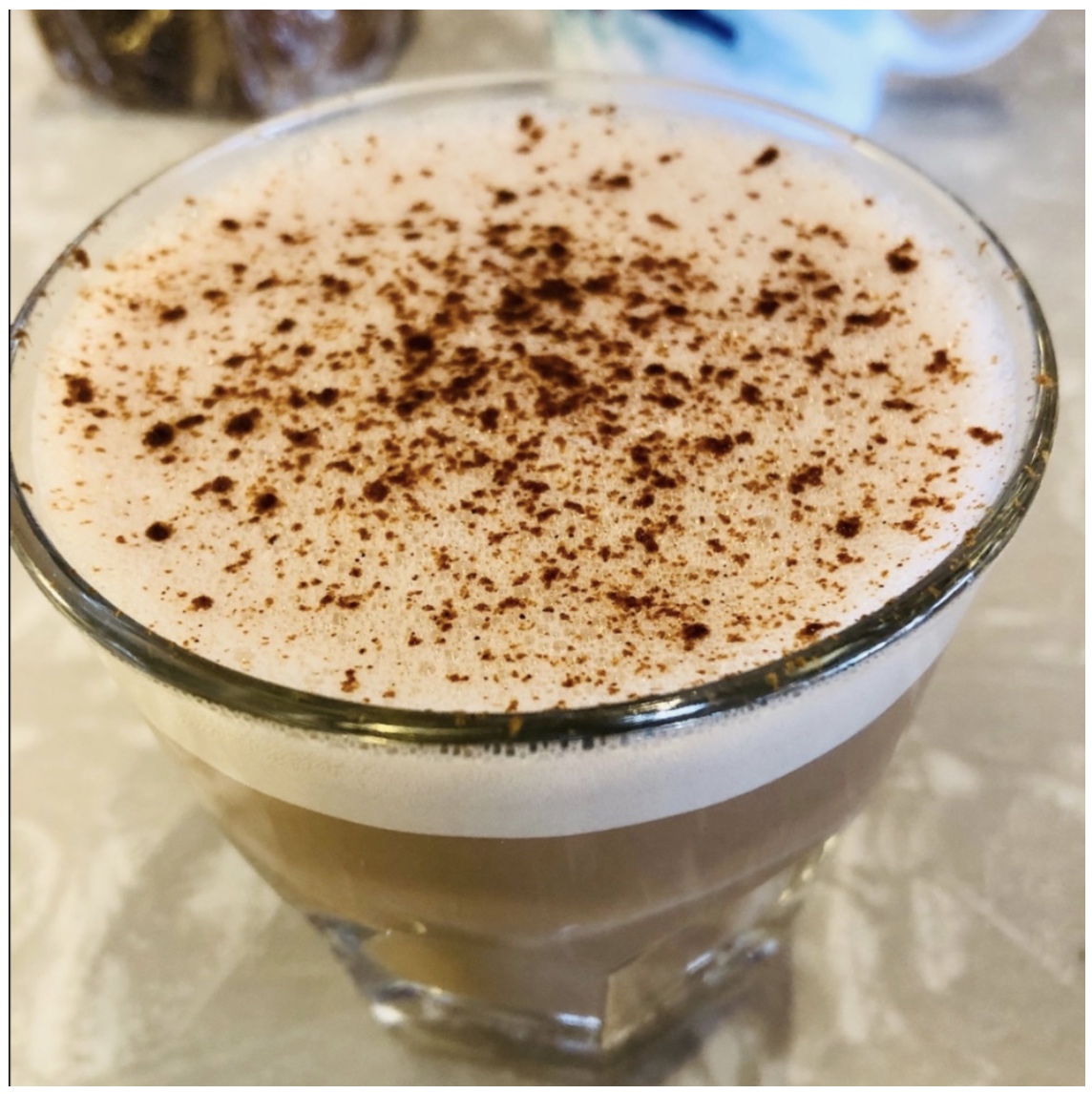
Lament as the Art of Breaking
Long after our teacups were emptied, my young Rwandan friend and I continued lifting each other up. My heart felt lighter. In stepping into lament, I am learning the art of breaking. To receive the beauty and clarity of being vulnerable before an omnipotent God who uncovers the hidden and fights for the oppressed.
I awoke the next morning to receive the good news that in the last few months Filipe has gained enough strength in his previously paralyzed legs to stand up—with someone at his side stabilizing him.
To cry, to kneel, to listen, to stabilize, to have the courage to admit brokenness… to dare to hope when despair is crushing. In lamenting in solidarity with those who lament, I have witnessed powerful, resilient hope. Our brothers and sisters who suffer need to know they are not alone—that the Body of Christ hurts with them. We are wired to lament. We need a place to offer the treasure of tears we’ve been given to wash over the wounds of the hurting.
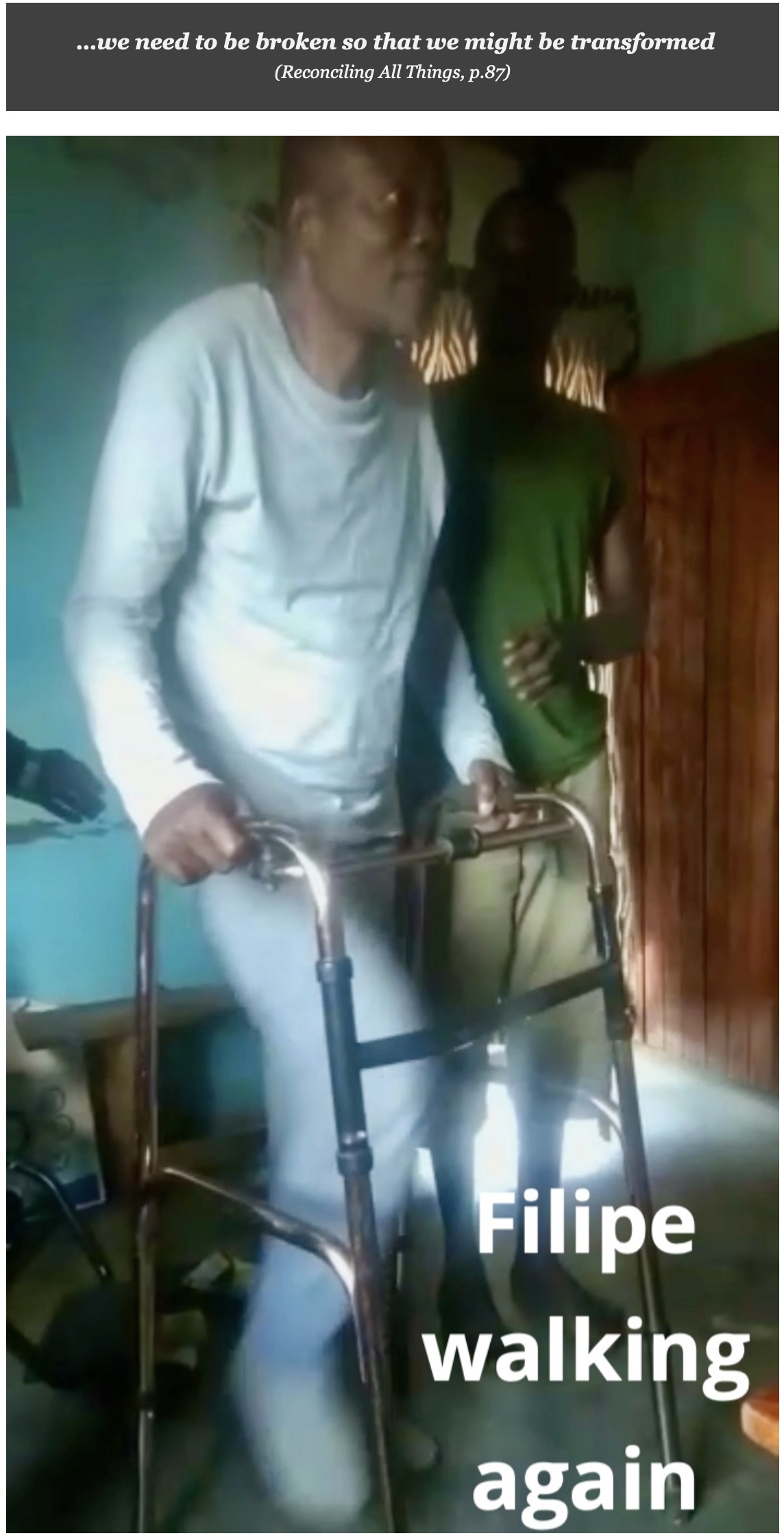
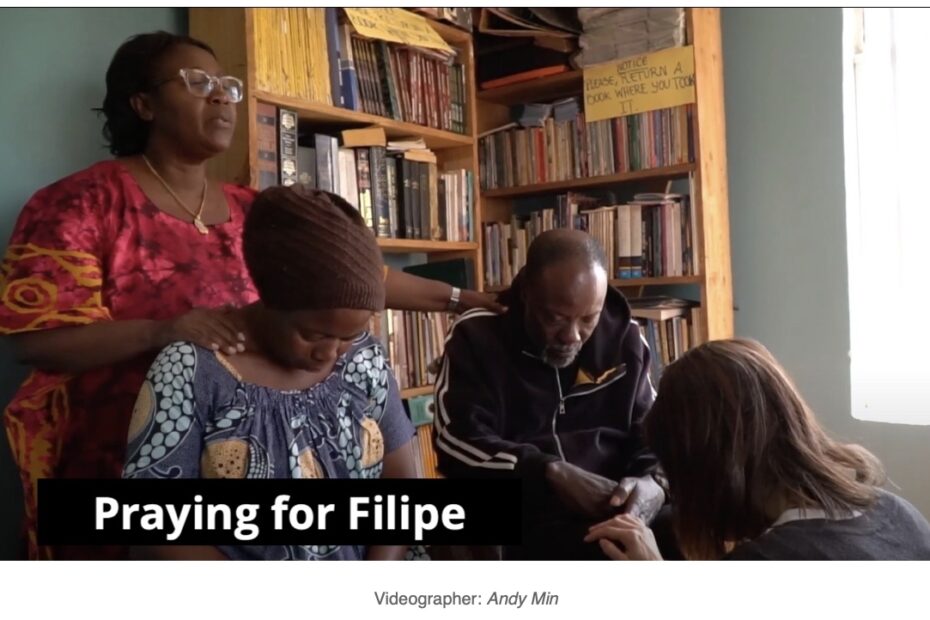
Pingback: Come and See: Glimpses of Trauma Healing at Dzaleka Refugee Camp - EMDC Blog